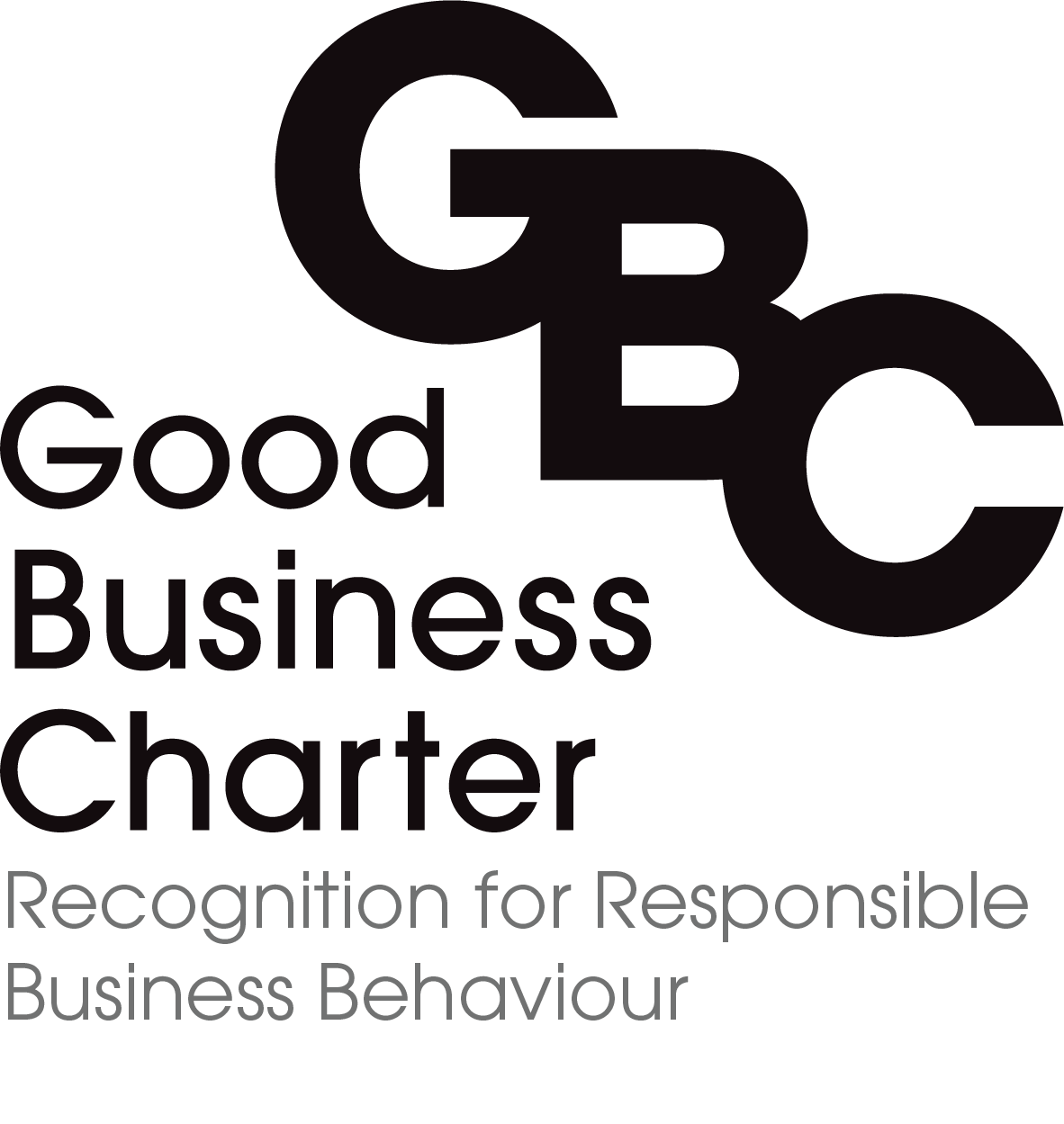Getting speaking up right
The NHS has made huge steps forwards in speaking up since the Mid Staffordshire NHS Foundation Trust enquiry and the Francis Report which followed it. In the wake of which, the National Guardian’s Office, Freedom to Speak Up system and Freedom to Speak Up Guardians were established and have made a huge contribution to speaking up in the NHS.
Now over 20,000 cases a year are raised with Guardians – a huge step forward for speaking up in the NHS and the parts of the healthcare sector which are required to, or have chosen to, adopt the scheme.
Ensuring effective speaking up is still an enormous challenge though.
According to the latest NHS survey (end 2022), there are still huge numbers of people who struggle to Speak Up – potentially damaging lives of staff and patients. The survey highlights 12% of staff report being bullied by a manager, 19% by a colleague but only 48% would raise it. On wider concerns 38% say they would struggle to raise them.
- So what is stopping people speaking up?
- How do we remove the barriers to speaking up?
- How do we deliver on change for people who have spoken up?
- How does this fit into a wider organisational context?

Understanding and removing the barriers - (The five F's)
Barrier 1: Fear
A major inhibitor to people speaking up is fear. Fear can take many forms – of which the most common are:
- Fear of repercussions.
- Fear of losing your job.
- Fear of being side-lined for promotion.
- Fear of standing out / Censure from colleagues.
- Fear of exacerbating any problems.
- Fear of being bullied or treated aggressively by a manager or another colleague.
If we are to successfully encourage speaking up at all levels, we have to ensure that all these barriers are removed. The solution lies in cementing in organisations the rule that there is no negative effect to speaking up. An absolute elimination of any form of retaliation, prejudice or negative effect for those who speak up in good faith. Even when this is done there will be a time lag before this is believed right across the organisation. The “corporate memory” is deep and requires a continuous period of behavioural change to cement belief that things have changed.
It is also worth regularly checking in with staff that they do feel safe raising concerns. Management perceptions that concerns can always be raised easily and safely may well differ from those of staff. It is critical to check that organisations are not deluding themselves about how easy it is to speak up.
As an aside it is often suggested that only 50% of people complete the NHS staff survey and therefore the survey results cannot be relied on as an indicator of how many people cannot speak up. In our experience those completing staff engagement surveys tend to be less disaffected and more trusting than those who do not. If this is indeed correct, it would suggest there may be an even greater percentage of people in the NHS who feel unable to speak up than is indicated in the annual staff survey.
Barrier 2: Futility
People are much more likely to raise problems and concerns if they feel something will be done. If it will indeed lead to change. If people feel they are shouting into a void, that their concerns will be ignored, then they are much less likely to speak up. This is exacerbated, if there is perceived to be a risk associated to speaking up.
This doesn’t just affect the person who has bravely spoken up with their concerns, but becomes part of the wider organisational ethos – it affects other staff too – and how they perceive and approach speaking up.
Keeping individuals who raise things informed of progress wherever possible is key to the success of any speak up strategy.
While investigations are ongoing, it is really important that you keep the communication open with the person who raised it to keep them informed of progress.
Without breaching confidences, communicate the fact that things being raised by staff are leading to learnings being made and lasting change should be shared and if appropriate celebrated across the organisation.
Barrier 3: Function
We have to ensure that there are suitable, trusted routes for staff to confidently raise problems. All speaking up communication routes are well publicised and easily accessible.
It is very clear that people wish to communicate in very different ways.
- Many people will be happy discussing their concerns directly with their line manager.
- Some people will be happy communicating directly with HR or a Freedom to Speak Up Guardian or Ambassador.
- Other people may feel more comfortable expressing things in writing.
- Other people may well benefit from an anonymous route – at least to start their journey and give them reassurance.
Barrier 4: Follow-up
Follow up ties closely to futility. It is essential that organisations have systems where concerns or ideas raised are followed up promptly, comprehensively and fairly. Doing so not only helps remove the feeling of futility for staff but also helps to ensure that solutions are found and learnings embedded and shared.
Good case management should be part of the follow up process – so, as an organisation you can join the dots and see whether there are repeat themes, spot trends occurring or where problems are affecting one part of the organisation more than others.
Barrier 5: Framework
Speaking up exists in a wider framework of organisation structure, and effectiveness. It’s great to have highly effective speaking up systems. However any organisation is only as good as the surrounding factors.
To have a highly functioning organisation you need to have.
- Clear, appropriate, understood and lived values.
- Great training and development
- Appropriate targets and resources – fit for purpose in delivering those targets.
- Good communications.
- Strong engagement.
- A respectful organisation.
When these factors exist the need for speaking up will not be removed – but it will be lessened. Those dealing with speaking up will have more time to focus on the concerns raised with them in a more effective and productive way.
When these things are missing or ineffective, you are far more likely to have a flood of speaking up cases. Speaking up exists as part of a highly functioning organisation, not a substitution for it.
Drivers for engagement: Communication - Two-way feedback - Learning.
Make your workplace culture happier, more engaged and more productive by giving all your employees the voice they need to raise problems, suggest ideas and provide feedback. Drivers for engagement: Communication – two-way feedback – Learning.
Encouraging speaking up in your organisation is crucial for fostering open communication, driving innovation, and enhancing employee engagement. Build a diverse speaking up process that values diverse perspectives, establishes trust, and promotes accountability. You can create an environment where individuals feel empowered to share their ideas and concerns, embrace the power of speaking up and unlock the full potential of your organisation and its people.
WorkInConfidence provide a whole suite of solutions to support your speaking up culture from anonymous two-way speaking up reporting, pulse, long, and mini engagement surveys to real-time HR case management – book in for a demo today!
National Guardian's Office - Freedom to speak up month
An important calendar event for The National Guardian’s Office (NGO) is Speak Up month in October which aims to raise awareness on the importance of speaking up and the role of Freedom to Speak Up Guardian’s (FTSU).
This year, the focus is on breaking the barriers to speaking up in the NHS – watch out for the #BreakingFTSUBarriers and all the great work the FTSU Guardians do to promote speaking up in the NHS.





